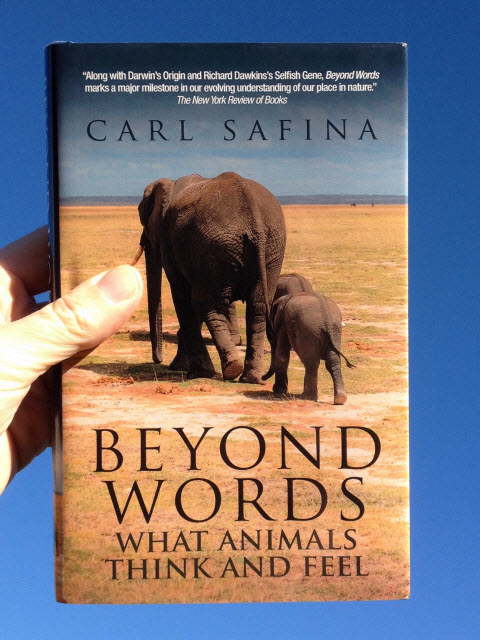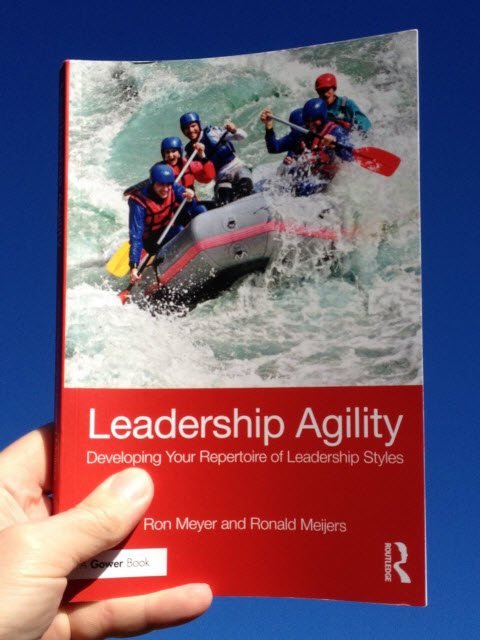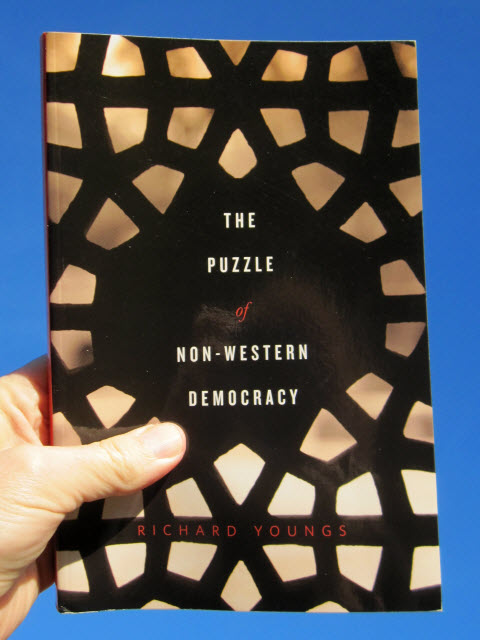This is a post in my series on organizing ”between and beyond.” Other posts are here. This is a retrospective of what has happened during the week. The purpose is to reflect on the work itself. Here is my previous retrospective. Here is my next retrospective.
What has happened? What needs to be done?
This is a retrospective of what has happened during the last three weeks since the middle of October.
Catalonia, Spain, and the European Union
What’s happening in Catalonia has been on my mind since the beginning of October. I’ve mentioned it here and here how deeply disturbed I was seeing the Spanish police brutality during the Catalonia referendum on October 1. I was also utterly surprised by how timid the European Commission’s response was the day after the referendum.1
United Nations Human Rights and Amnesty International have repeatedly urged Spain to respect democratic and human rights, while the EU basically has been silent. The perpetrator of the violence, the Spanish Government, has on the contrary been declared worthy of EU’s trust. The irony is that the person whom the EU trusts as the defender of the rule of law, the Spanish prime minister Mariano Rajoy, also leads one of Europe’s most corrupt political parties. Rajoy’s Popular Party has been on the wrong side of the law dozens of times over the past few years.2
The EU has so far maintained its support of Spain in the subsequent escalation of the conflict. Only a few European leaders have protested—perhaps most notably the Belgian prime minister Charles Michel. The vice-president of the European Commission, Frans Timmermans, took the opportunity to emphasize the rule of law when addressing the European Parliament on October 4. And the French president, Emmanuel Macron, restated this position during a trip to Guyana. The Swedish Government also fully supports the Spanish Government.3 The Swedish foreign minister, Margot Wallström, has appealed to Spain to show restraint in Catalonia.4 I wish the Swedish prime minister, Stefan Löfven, would have acted more like his Belgian counterpart.
Here’s what the EU leaders forget. A state’s constitution is not the sole determinant on the legality of actions taken within that state. A fundamental principle of international law is that a state’s constitution, in this case Spain’s, must equate with international law. This means that the principle of Spain’s territorial integrity is superseded by Catalan’s human right to self-determination.5 So, when Rajoy, Timmermans, and others talk about the rule of law, it’s worth remembering that international law doesn’t stop at EU’s border.
Mariano Rajoy’s refusal to try to solve the conflict through international mediation or dialogue is difficult to understand. John Carlin, who loves Spain and so is against Catalan independence, writes that the concept of “I cede a little and you cede a little so we both end up winning” is alien to the Spanish political mind. Instead of working to preserve the unity of Spain, Rajoy actually fuels the drive for independence. Carlin hopes that, maybe, the EU will intervene and knock sense into Spanish heads.6
The failure of the EU is that it’s a club of national governments. The EU has no mechanism for dealing democratically with the aspirations of its citizens, in this case the Catalans.7 Democracy was suppressed by technocracy from the very beginning in the EU.8 The events in Catalonia reflect a structural problem with European democracy. The EU’s ambivalence to the violence of the Spanish police, and to the arrest of Catalonian leaders and Catalonia’s democratically elected politicians, adds to the disappointment with the union.9
The future of the EU depends on whether democracy can be made more effective, and more participative. Traditional politicians don’t understand the generative capacity of decentralized self-organization. What is going on in Catalonia is an exercise in democracy. Barcelona is a vibrant hub of democratic innovation. Spain could have been phenomenal at hosting Catalonia’s autonomy—and be honored for that. And the EU could have been phenomenal at hosting the autonomy of all Europe’s regions—for the benefit of all.
Now, some words about the books I’ve read recently.
Collaborating with the Enemy
The first book I’d like to mention is Collaborating with the Enemy: How to Work with People You Don’t Agree with or Like or Trust by Adam Kahane. We have four ways to respond when faced with a situation we find problematic: collaborating, forcing, adapting, or exiting.
A common assumption is that collaboration can and must be controlled. This is an unrealistic fantasy. Adam Kahane makes it clear that collaboration cannot and need not be controlled. We cannot know our route before we set out. We can only discover it along the way. This can be both exciting and unnerving.
The challenge of collaboration is that in order make our way forward, we must work with others. Collaboration cycles generatively between engaging and asserting. The key is being able to work with both. Love (engaging) is what makes power generative. Power (asserting) is what makes love generative. It’s a great book. I’ll write a book review.

Beyond Words
Another fascinating book is Beyond Words: What Animals Think and Feel by Carl Safina. It’s a beautifully written book where Carl Safina challenges assumptions that have been around for centuries. Sometimes it seems that humans do think, but do not deeply feel or listen.
Watch. Simply listen.
They will not speak to us, but
to one another they say much.
Some of it, we hear.
The rest is beyond words.
—Carl Safina
I will not write a book review—at least short-term—but I do recommend the book.There is no more wondrous fact than that we are kin, bee and bird, and great elephant—stardust all.

Leadership Agility
The third book I’ve read is Leadership Agility: Developing Your Repertoire of Leadership Styles by Ron Meyer and Ronald Meijers. Leadership agility is to have the capacity to flexibly switch between leadership styles, and adaptively master new ones, in rapid response to needs. The core of the book consists of ten opposite pairs of leadership styles. Leadership is about engagement instead of enforcement.
I particularly like that the authors avoid falling into the trap of trying to come up with a leadership formula, a “leadership script.” Effective leadership is like effective clothing. It depends on the context. There are simply too many variables that need to be taken into consideration in order to arrive at some simple formula. I will review this book too.

The Puzzle of Non-Western Democracy
Finally, I’d like to mention that I’m now reading The Puzzle of Non-Western Democracy by Richard Youngs. I discovered Richard Youngs through his articles about the EU and Catalonia. Western-style democracy is suffering ill health. There is a need to rethink democracy—and even to go back to basics. More democratic variation is needed that flow from exploratory openness. The issue in Europe is that people have little effective influence over the decisions elites make.
Western democracy reduces a noble ideal to formal procedural rules. The West has been too concerned with “institutional development” and fails to live up to its own rhetoric about building consensus and social justice. Trends in legal pluralism question the singular focus on the rule of law that underpins Western democracy. The focus of many other cultures is not so much on the concept of law as on forms of dispute resolution. It’s an interesting book!

What was good? What can be improved?
It was most revealing to read Adam Kahane’s Collaborating with the Enemy in the light of the conflict in Catalonia. The Catalans have become so tired of adapting to Spain’s forcing that they now want exiting. The only way forward, however, is collaborating. It’s now up to the EU to convince Rajoy of the necessity of collaboration, like it or not. Spain must stop breaking heads, arresting people, and making ultimatums.
Leadership is about engagement, not enforcement.
Notes:
1 European Commission, Statement on the events in Catalonia (Statement/17/3626), 2017-10-02 (accessed 2017-10-08).
2 Richard Youngs, EU needs a smarter response to the Catalonia crisis, 2017-11-03 (accessed 2017-11-05).
3 Government Offices of Sweden, Statement – Catalonia, 2017-10-30 (accessed 2017-11-05).
4 Radio Sweden, Wallström appeals to Spain to show restraint, 2017-10-02 (accessed 2017-11-05).
5 United Nations Human Rights, UN independent expert urges Spanish Government to reverse decision on Catalan autonomy, 2017-10-25 (accessed 2017-11-05).
6 John Carlin, Catalan independence: arrogance of Madrid explains this chaos, 2017-10-07 (accessed 2017-11-05).
7 Fernando Betancor, Catalonia Demonstrates the Limits of European Integration, 2017-11-03 (accessed 2017-11-05).
8 Richard Youngs, The EU Beyond the Crisis: The Unavoidable Challenge of Legitimacy, 2013-10-08 (accessed 2017-11-05).
9 Richard Youngs, Catalonia and European Democracy, 2017-10-06 (accessed 2017-11-05).
Related posts:
Organizing in between and beyond posts
Leave a Reply
You must be logged in to post a comment.